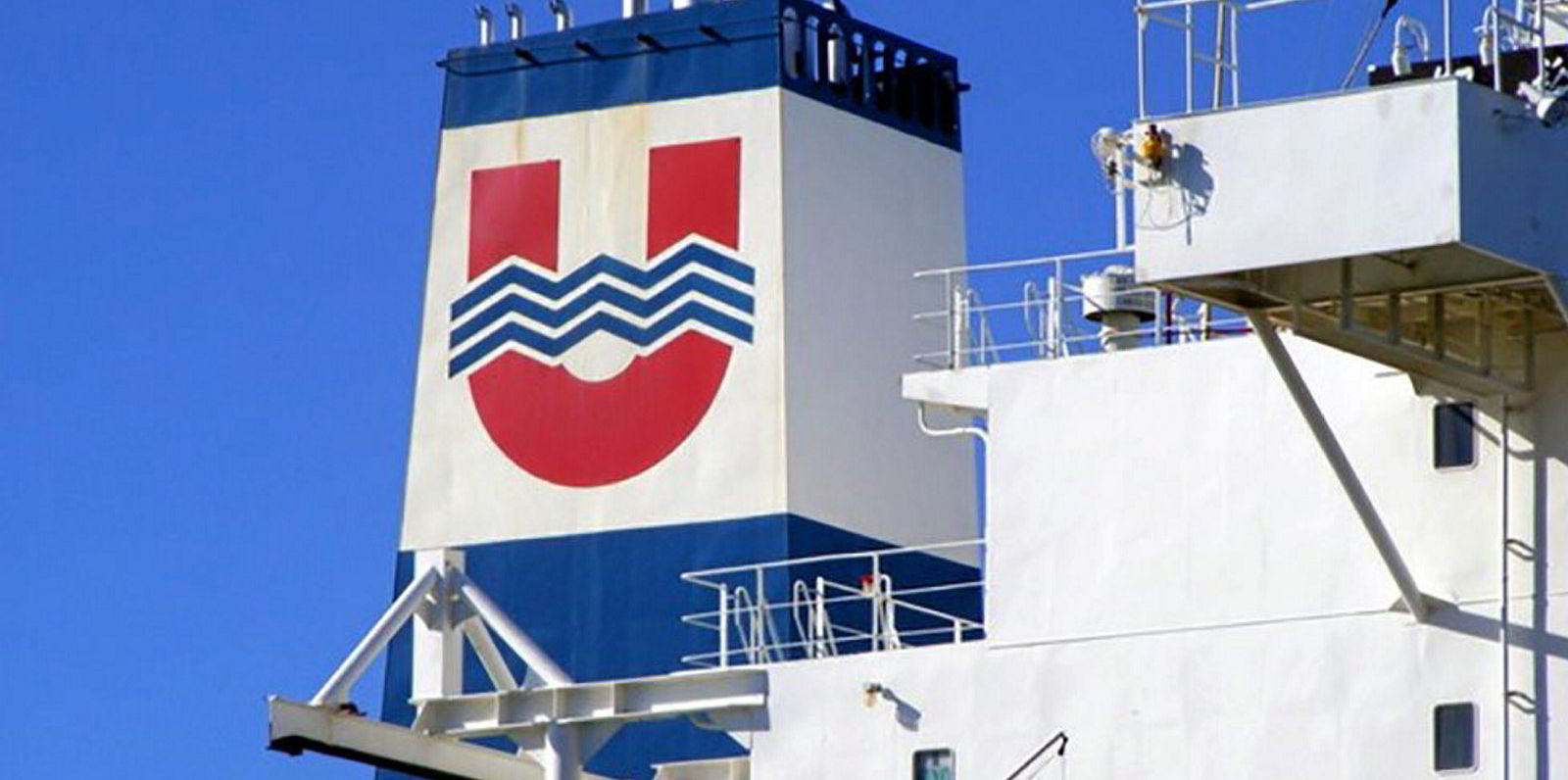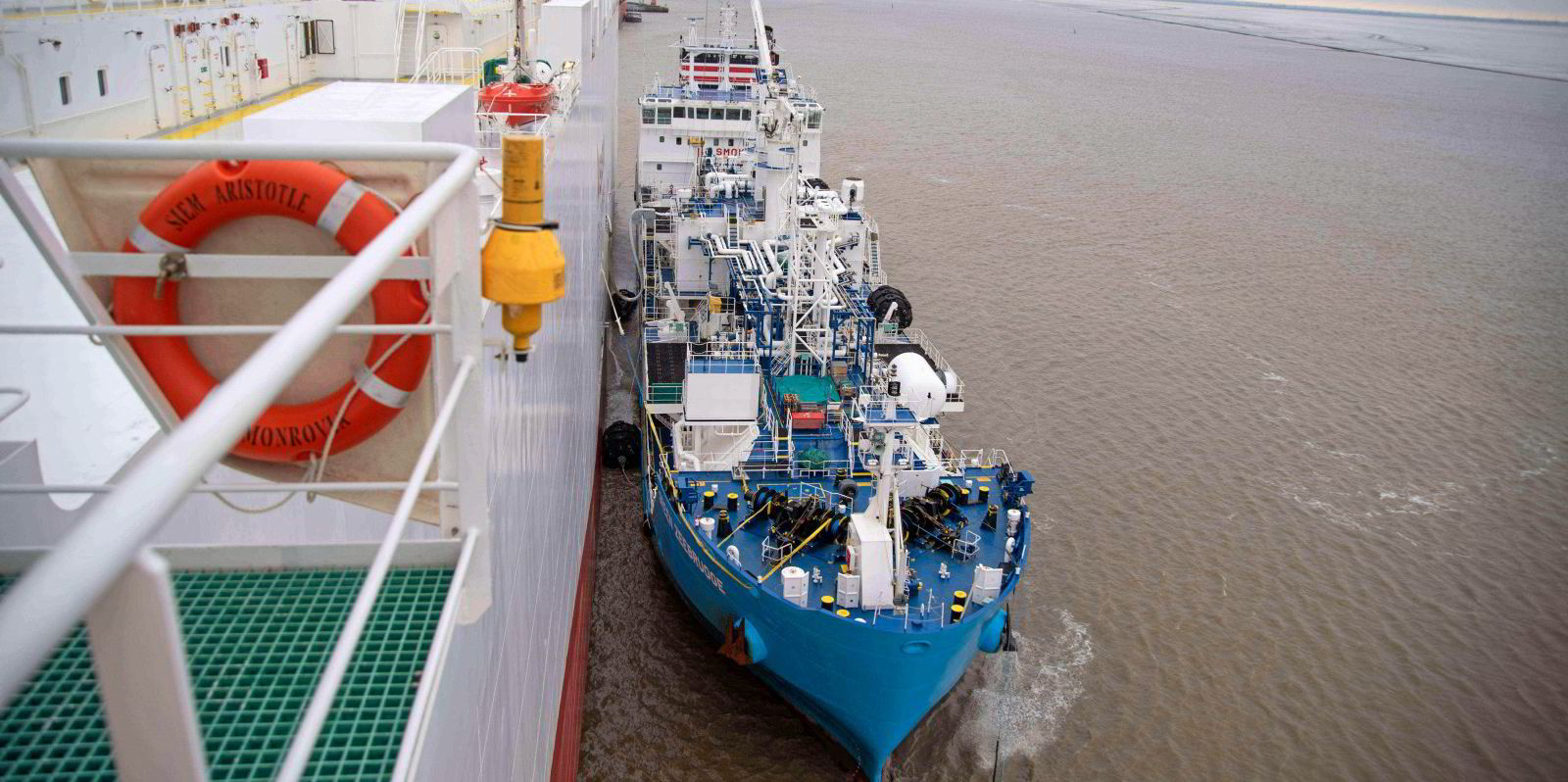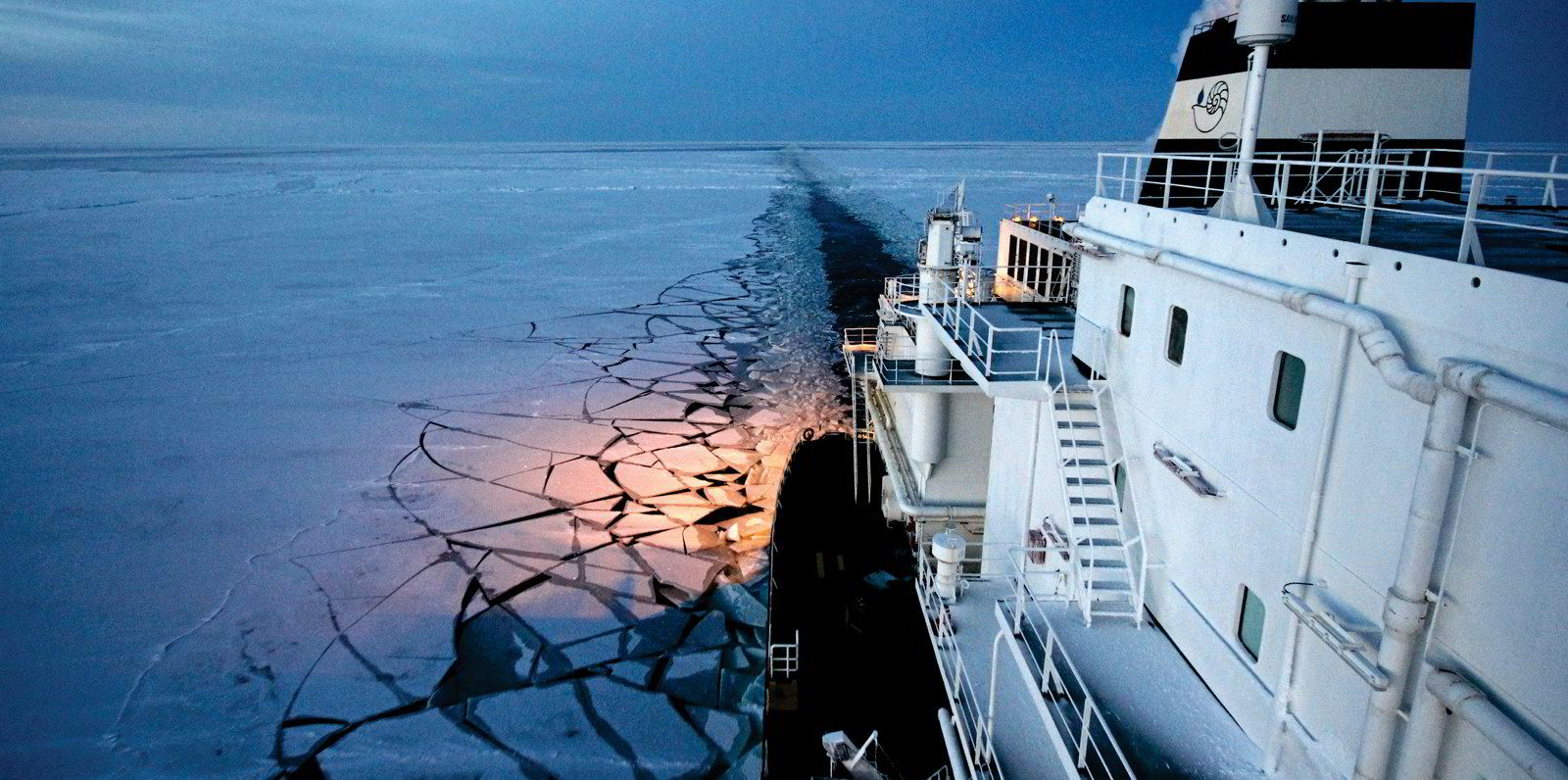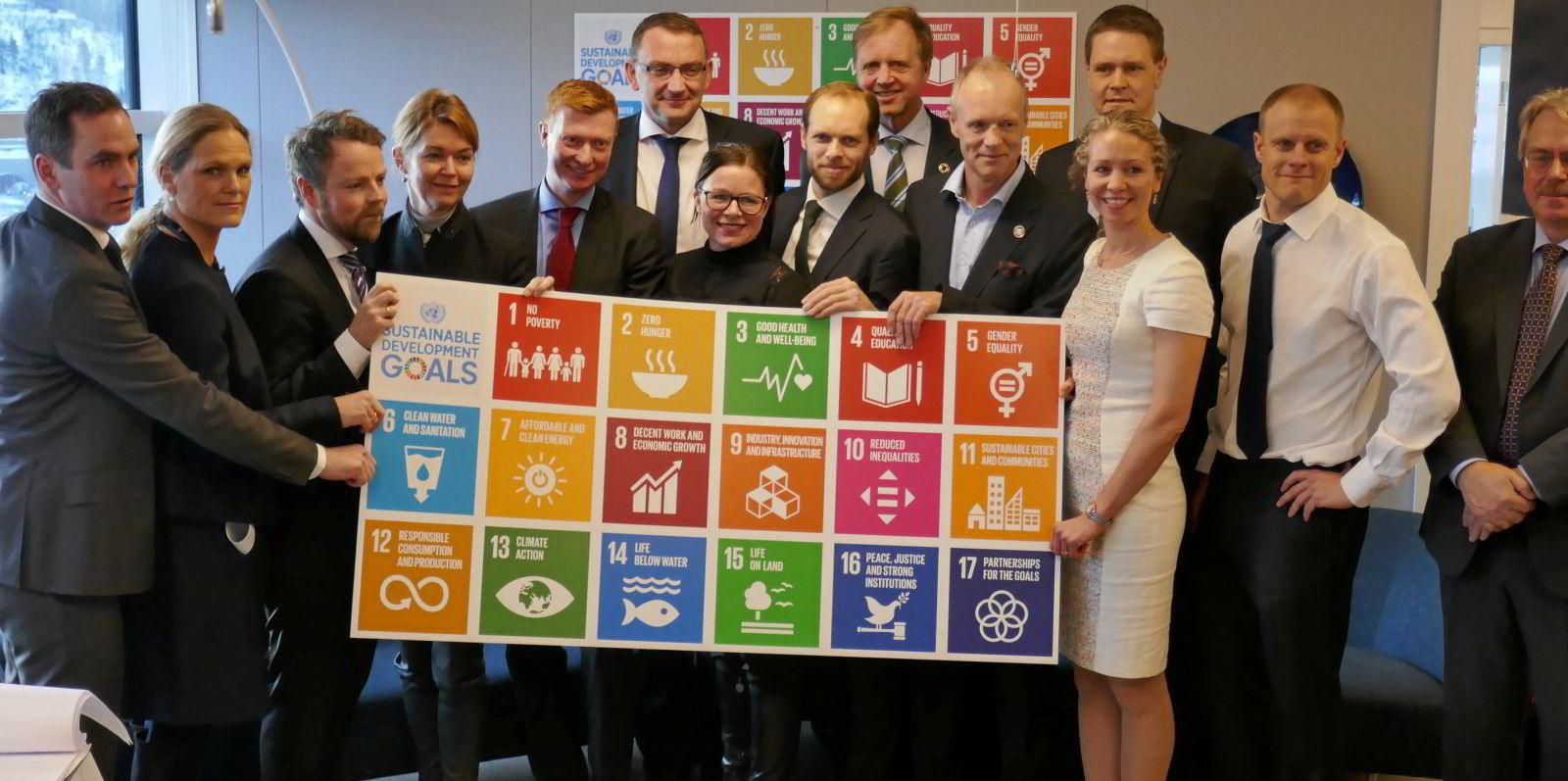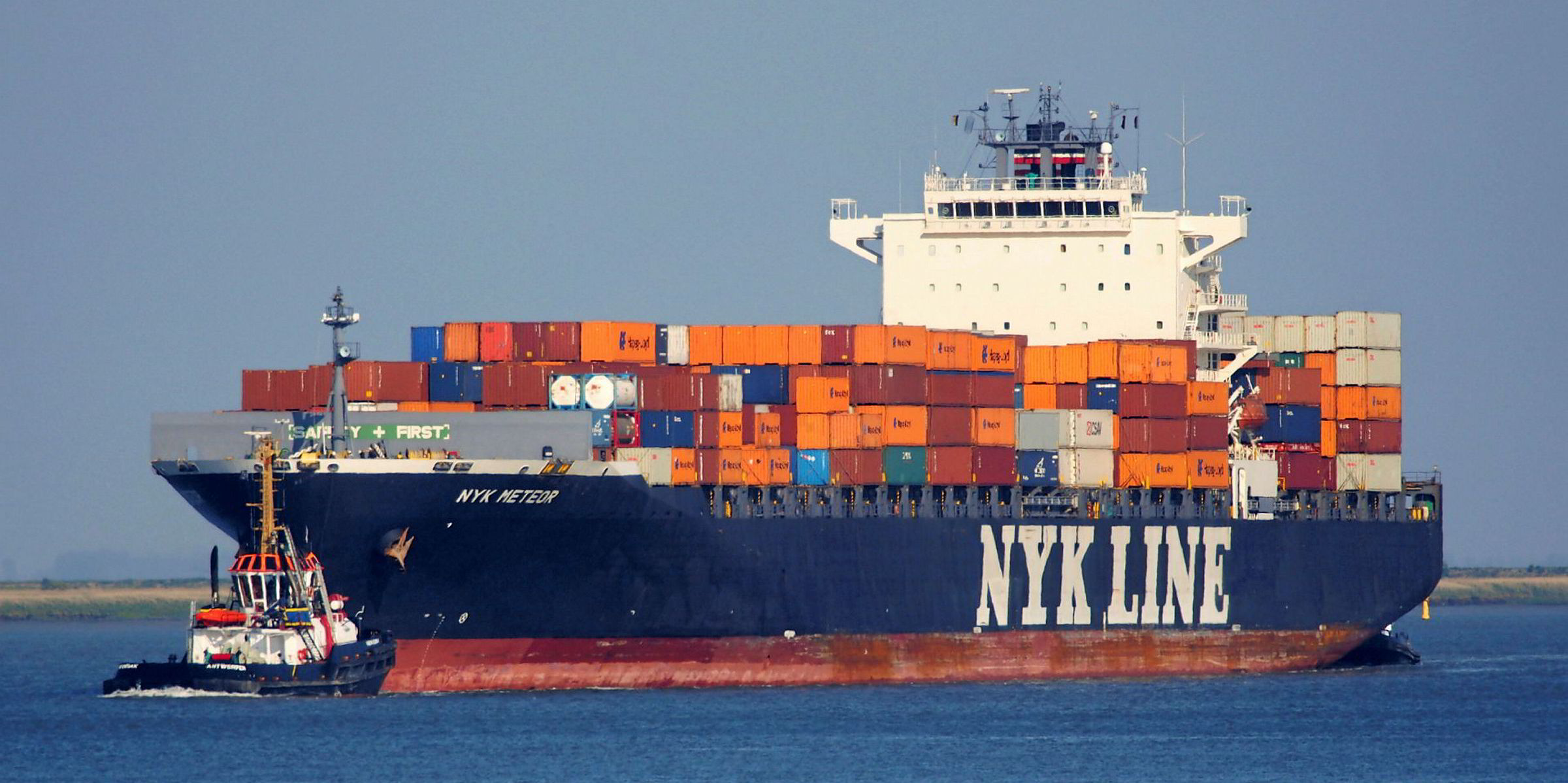TradeWinds was unable to find out from the Carbon Disclosure Project (CDP) how it chooses its target shipping companies and why 2021’s list has one particularly obscure choice.
But shipping companies responding to TradeWinds' enquiries that suggested their engagement with the CDP was linked to interest from major investors or customers in obtaining more information about how they are tackling climate change.
Last year, for example, NYK Line gained loans totalling $804m from banks that required the Japanese shipowner to maintain high CDP disclosure scores.
This year, Hapag-Lloyd was the biggest container carrier approached by the CDP. The German line told TradeWinds that it was in the process of responding for the first time and would submit the requested information by the end of July.
“Please understand that we cannot share any details of our response at this point in time,” said Tim Seifert, director of corporate communications for the major German container line.
U-Ming Marine Transport Corp's director and executive vice president Jeff Hsu told TradeWinds that it was planning to submit a report after being indirectly asked by one of its largest institutional investors, Cathay Insurance, if it would like to take part in the CDP’s 2021 campaign.
Hsu said he was also unable to comment on the report’s content as the Taiwanese company had not yet completed it, but said U-Ming is proud of having developed environmentally-friendly shipping practices.
Mystery choice
The CDP’s port of choice this year is something of a mystery. It did not choose a mega-hub such as Los Angeles, Rotterdam or Shanghai but plucked out the Port of Tauranga in New Zealand.
Tauranga boldly proclaims on its website that it is “striving to be New Zealand’s preferred single-cargo gateway” and aims to be the country’s “port for the future”. It exported 15,759 tonnes in 2020 — mainly logs, fruit and dairy products — and imported 1.2m teu of containers.
Port communications manager Rochelle Lockley told TradeWinds: “I haven’t been able to find anyone in our organisation that was contacted this year by the Carbon Disclosure Project.”
Kuehne + Nagel, by contrast, is one of the world’s largest forwarding and logistics groups and proudly heralds its green credentials. They include pledges to compensate direct emissions that cannot be avoided and proactively address the CO2 footprint of transport services performed by its suppliers.
“We currently don’t participate in [the] CDP,” Kuehne + Nagel’s global head of media communication Dominique Nadelhofer told TradeWinds bluntly.
UK shipbroking giant Clarksons has also not responded to the CDP this year after just setting up a group-wide Green Transition team led by environmental, social, and corporate governance (ESG) project director Kenneth Tveter. He previously worked as a portfolio manager for a dedicated IMO 2020 fund under Svelland Capital.
The team of managing directors and sector experts across Clarksons’ global network aims to provide consultative help for clients to understand their marine carbon footprints and how to reduce them.
Clarksons recently won an ESG award from another business sustainability group, Ecovadis, with a silver rating that put it in the chemical industry’s top 15% for sustainability.
Wan Hai Lines, which aims to cut to its carbon emissions by 41.5% by 2030, said disruption caused by Covid had prevented it from responding to CDP this year, but it will consider doing so in 2022.
TradeWinds was unable to elicit a comment from Brookfield Infrastructure Partners (backer of Altera Infrastructure, the former Teekay Offshore) and China Merchants Port Holdings ahead of the deadline.
